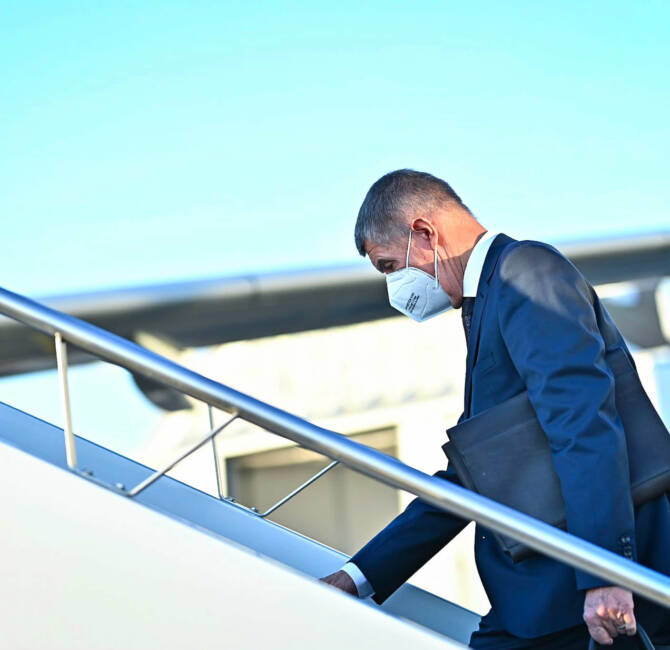Czechia – Czech Prime Minister Petr Fiala, in office since 28 November, 2021, has just granted the conservative daily Lidové noviny his first major interview published on Thursday, 10 February. The head of the Czech government addresses in particular the issues of nuclear power, emergency energy aid, inflation and the budget.
Public tenders for the Dukovany power plant
Petr Fiala announced that his government was working “on launching the call for tenders within a few weeks” for the Dukovany nuclear power plant: “This is a relatively complex legal process. But the tender could have been launched under the previous government. Unfortunately […] we lost many years. […]
It’s important to advertise a call to tenders to get things started. […] We also have to think about how to expand Temelín […] But right now, the task at hand is Dukovany”.
Targeted aid to cope with energy price increases
The Prime Minister then swiftly moved on to the question of emergency energy aid, which according to the government, will be required by 280,000 Czechs in order to cope with the increase in prices seen in this domain. Which is why he intends to continue his “targeted aid” approach with “the possibility of extraordinary adjustments during the year to make everything more flexible”, in particular by means of a website “managed by the Ministry of Labour and Social Matters: www.energetickyprispevek.cz” without forgetting “the elderly, who get easily lost in the internet environment” and who will be informed by traditional mailing.
An anti-inflationary budget
As far as inflation is concerned, Petr Fiala does not intend to draw inspiration from the Hungarian price capping or Polish VAT reduction recipes, because
“these are means that do not solve problems, they only postpone them for a short time. We need the Czech economy to not have any problems.”
The Czech government has therefore decided to overhaul the budget and not “to accept the budget prepared by the Babiš government [which provided for] a deficit of 377 billion” crowns [15 billion euros, ed.]:
“We have set ourselves goals: keeping the budget deficit under 300 billion and finding savings on the spending side of the budget to give a clear signal that we want to do something about inflation.
[…] We focused on preparing an anti-inflationary budget.”




